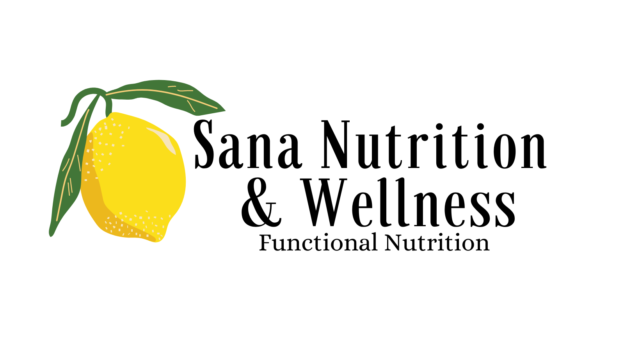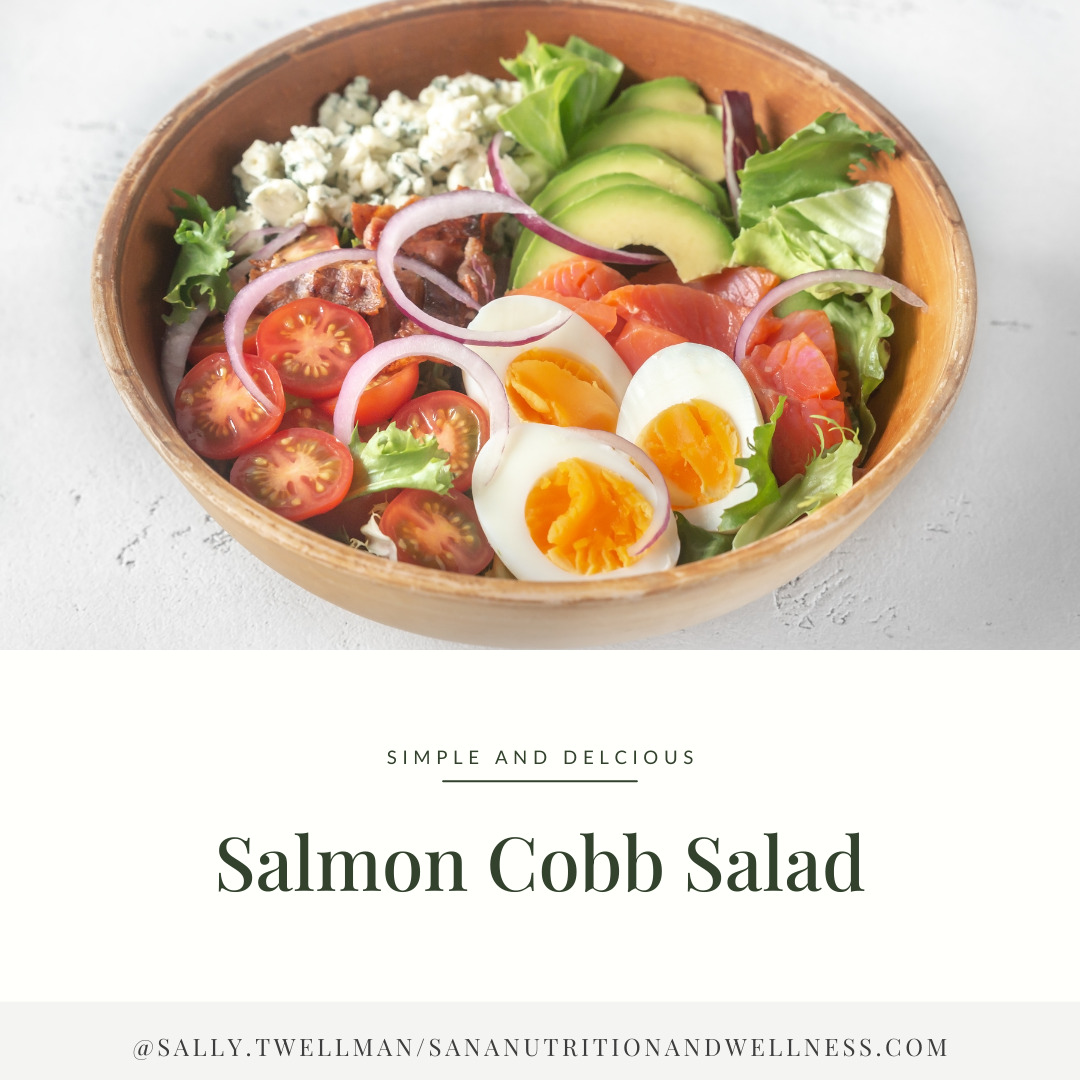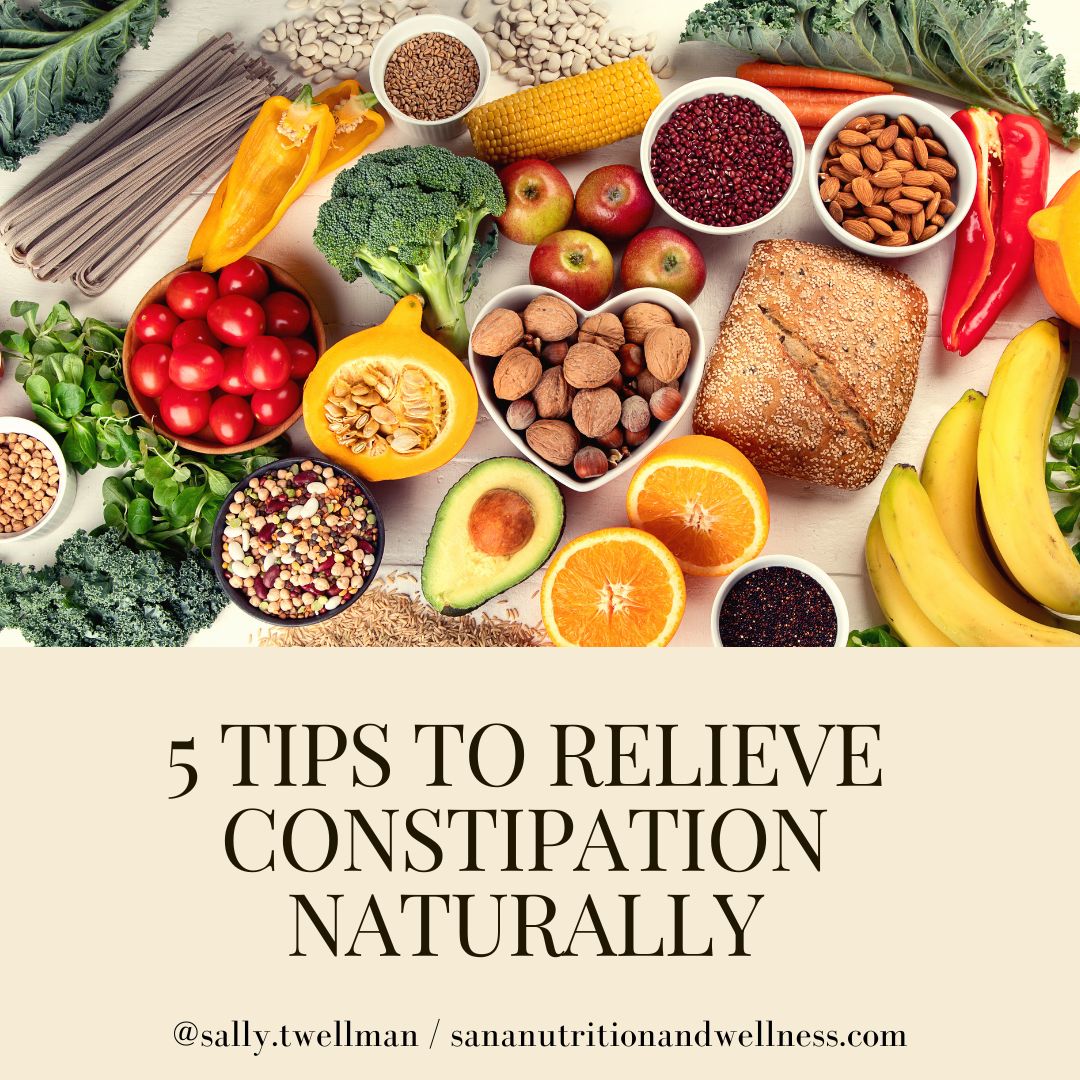Constipation is a common digestive issue that can be uncomfortable and frustrating. It occurs when bowel movements become difficult or less frequent than usual. While occasional constipation is normal, chronic constipation can indicate underlying health issues. Understanding the causes and implementing appropriate dietary, lifestyle, and supplement changes can help alleviate constipation and promote better digestive health.
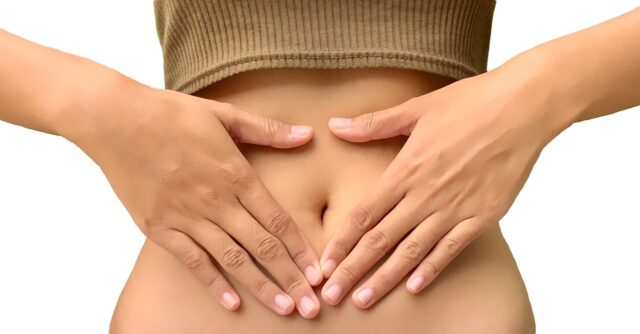
Underlying Causes of Constipation:
Dietary Factors:
Think of water as your digestion’s best friend. It helps keep your stool soft and easy to pass. Drink plenty of water throughout the day, and opt for hydrating fluids like herbal teas and broths. Staying hydrated keeps your digestive system happy and prevents constipation from creeping in.
Highly Processed Foods:
Processed foods may taste good, but they’re not doing your digestion any favors. They’re often low in fiber and high in sugar and fat, which can lead to constipation. Limit your intake of processed foods and focus on whole, nutrient-rich foods instead. Whole foods provide the fiber and nutrients your body needs to keep things moving smoothly through your digestive system.
Low Magnesium Levels:
Magnesium is like the chill pill for your GI tract (well, it’s the chill pill for most of your body!). It helps relax the muscles in your intestines, promoting healthy bowel movements. Incorporate magnesium-rich foods like leafy greens, nuts, seeds, and whole grains into your diet. Magnesium supplementation is really helpful too, because, unfortunately, our soil is depleted of a lot of essential minerals, so our food is just not as mineral-rich as we would like it to be! Getting enough magnesium helps ensure that your digestive muscles stay relaxed, preventing constipation.
Low GI Motility:
Low gastrointestinal motility can slow down the movement of food through your digestive system, leading to constipation. This can be caused by various factors, including hormonal imbalances, neurological conditions, and certain medications.
Dysbiosis:
Dysbiosis occurs when there’s an imbalance in the gut microbiota, with harmful bacteria outnumbering beneficial bacteria. This imbalance can disrupt digestion and lead to constipation. Eating a diet high in processed foods, taking antibiotics, and experiencing high levels of stress can all contribute to dysbiosis.
By making simple dietary changes like increasing your fiber intake, staying hydrated, and opting for whole, nutrient-rich foods, you can keep constipation at bay and keep your digestive system happy and healthy.

Lifestyle Factors:
Lifestyle Factors:
Lack of Physical Activity:
Your intestines love a good workout just as much as the rest of your body. Regular exercise helps stimulate bowel movements by improving muscle contractions in the intestines. Aim for at least 30 minutes of moderate exercise most days of the week. Whether it’s a brisk walk, a bike ride, or a yoga session, just get moving! Exercise gets things moving in your digestive tract, preventing stool from getting stuck and causing constipation.
Ignoring the Urge to Poop:
When nature calls, it’s best to answer. Ignoring the urge to have a bowel movement can lead to constipation, as it allows the stool to dry out and harden in the colon. Listen to your body and don’t ignore the urge to go when it comes. Even if you’re busy, take the time to go to the restroom. I know it can be embarrassing to go in public places, but no one is thinking anything about it because they poop too. Responding to the urge to go prevents stool from sitting in your colon for too long, making it easier to pass.
Stress:
Stress can wreak havoc on your digestive system, and constipation is a common side effect. When you’re stressed, your body produces hormones that can slow down digestion and disrupt normal bowel movements. Additionally, stress can lead to unhealthy eating habits and lifestyle choices, such as poor dietary choices, lack of exercise, and ignoring the urge to have a bowel movement.
Changes in Routine:
Your digestive system loves routine. Changes in your daily routine can disrupt regular bowel habits. Try maintaining a regular bathroom routine, even when your schedule gets hectic. If you’re traveling, make time for bathroom breaks, drink water, bring your fiber supplement and listen to your body’s signals. Keeping a regular bathroom routine helps keep your digestive system on track and prevents constipation caused by changes in your schedule.

Medical Conditions and Medications:
Hormonal Imbalances:
Hormones can really mess with our digestion, not just during pregnancy. Hormonal changes, like those from thyroid disorders, can throw a wrench in your regular bathroom routine. Both an underactive thyroid (hypothyroidism) and an overactive thyroid (hyperthyroidism) can slow down your digestive system, leading to constipation. If you suspect your hormones are to blame for your constipation, chat with your healthcare provider about treatment options.
Medications:
Sometimes, the meds we take to feel better can make us feel worse in other ways. Certain medications can put the brakes on your digestive system, causing constipation.
Pain Medication: Opioid pain meds like codeine, oxycodone, and morphine are notorious for causing constipation. Also,
Some antidepressants, especially tricyclic antidepressants and SSRIs, can slow down your bowel movements and leave you feeling blocked up.
Iron Supplementation: Iron supplements are essential for treating anemia, but they can also put a damper on your digestive system.
What to Do: If you think your meds might be the culprit behind your constipation, make sure you are extra diligent about staying ahead of the constipation with tips below
Whether it’s hormonal imbalances or medications causing your constipation, no need to suffer! Try out some of the tips and tricks below to releive constipation.
5 Tips to Relieve Constipation:
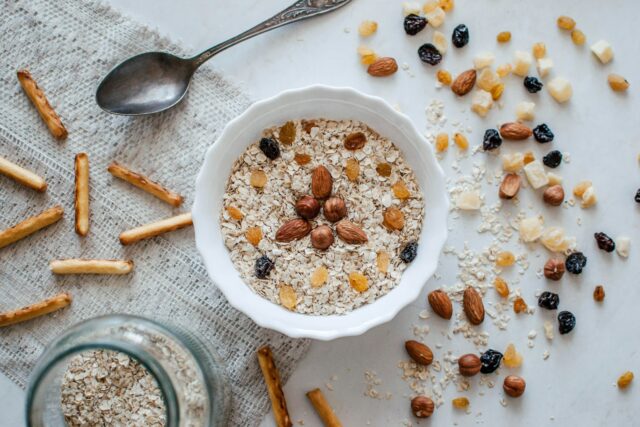
1. Increase Fiber Intake:
- What’s the Deal? Fiber is your digestive system’s best friend. It adds bulk to your stool, making it easier to pass.
- How Much to Aim For: Aim for at least 25-30 grams of fiber per day from a variety of sources, including fruits, vegetables, whole grains, nuts, and seeds.
- Why It Works: Fiber helps keep things moving smoothly through your digestive system, preventing constipation and promoting regular bowel movements.

2. Stay Hydrated:
- What’s the Deal? Water is essential for keeping your stool soft and easy to pass.
- What to Do: Drink plenty of water throughout the day to stay hydrated. Aim for at least 8 glasses (64 ounces) of water per day, and more if you’re physically active or in a hot climate.
- Why It Works: Staying hydrated helps prevent your stool from drying out, making it easier to pass and reducing the risk of constipation.
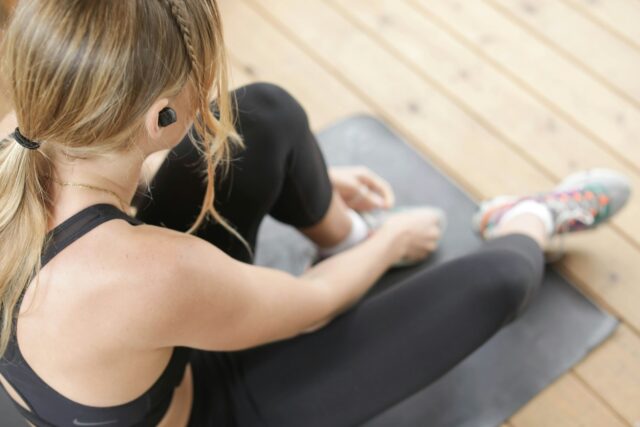
3. Exercise Regularly:
- What’s the Deal? Regular exercise helps stimulate bowel movements by improving muscle contractions in your intestines.
- What to Do: Aim for at least 30 minutes of moderate exercise most days of the week. Activities like walking, jogging, swimming, or cycling are all great options.
- Why It Works: Exercise gets things moving in your digestive tract, preventing stool from getting stuck and causing constipation.

4. Establish Regular Bathroom Habits:
- What’s the Deal? Your digestive system loves routine. Going to the bathroom at the same time each day, preferably after meals, can help encourage regular bowel movements.
- What to Do: Try to establish a regular bathroom routine. Make time to go to the bathroom at the same time each day, and don’t ignore the urge to go when it comes.
- Why It Works: Keeping a regular bathroom routine helps keep your digestive system on track and prevents constipation caused by irregular bowel habits.
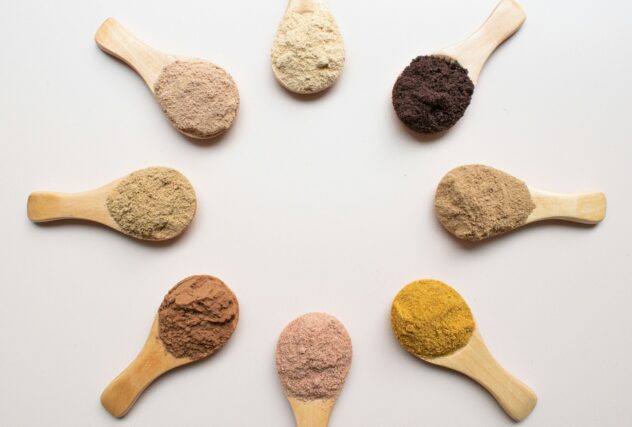
5. Consider Supplements:
- What’s the Deal? Sometimes, dietary changes and lifestyle modifications aren’t enough to relieve constipation. In those cases, supplements can provide extra support.
- What to Take:
- Fiber Supplements: If you’re having trouble getting enough fiber from your diet, consider taking a fiber supplement like psyllium husk or methylcellulose. (I Like this gentle Fiber supplement Or this one with Stevia)
- Magnesium Supplements: Magnesium supplements can help relax the muscles in your intestines, promoting healthy bowel movements. (Try this Magnesium Supplement)
- Probiotics: Probiotics are good bacteria that can help regulate bowel movements and promote gut health. (This is a great quality broad-spectrum probiotic)
- Why They Work: Supplements can help fill in the gaps in your diet and provide extra support for your digestive system, helping to relieve constipation.
You don’t have to suffer anymore; constipation is not “just the way things are.” Chronic constipation is a symptom that something isn’t right, and there are definitely things you can do to heal your GI tract so you can get and keep your digestive system running smoothly. Try these tips! And remember, I am here to help you if you need support healing your digestive health! 👉 Schedule a free discovery call to see if 1:1 coaching is right for you!
This article contains affiliate links. Rest assured, I stand behind all the products recommended. These links support the creation of valuable content at no extra cost to you. As an Amazon Associate, I earn from qualifying purchases. Thank you for your support.
